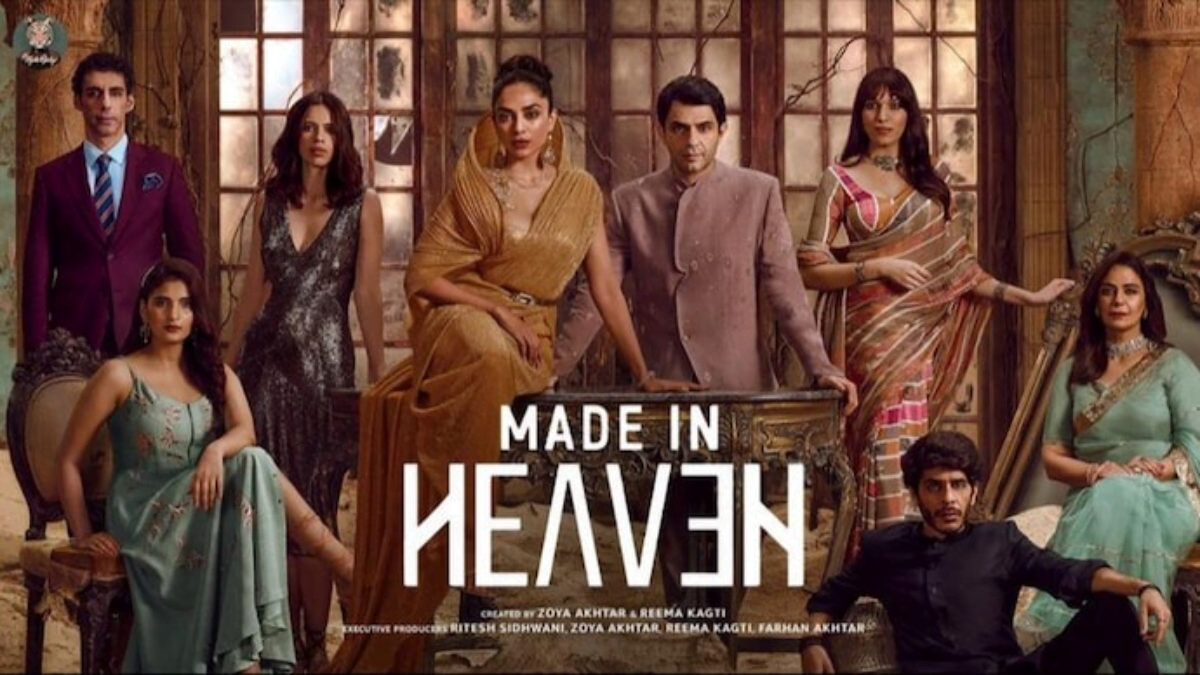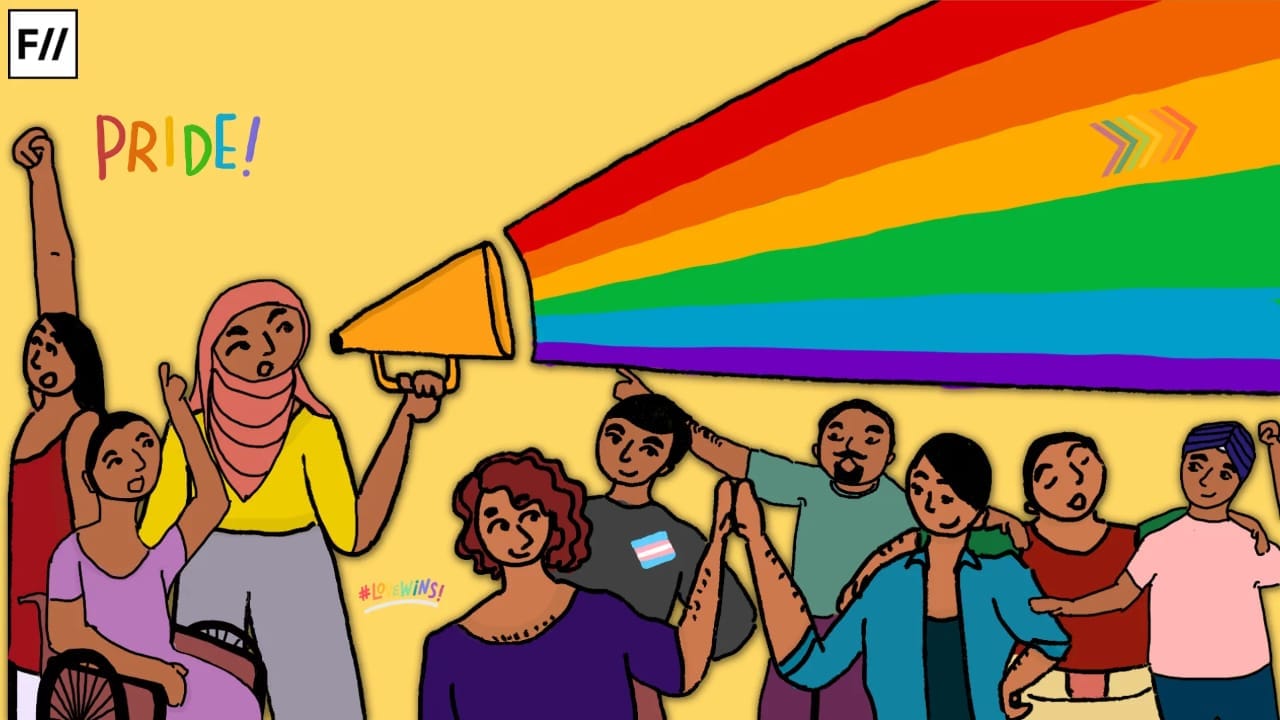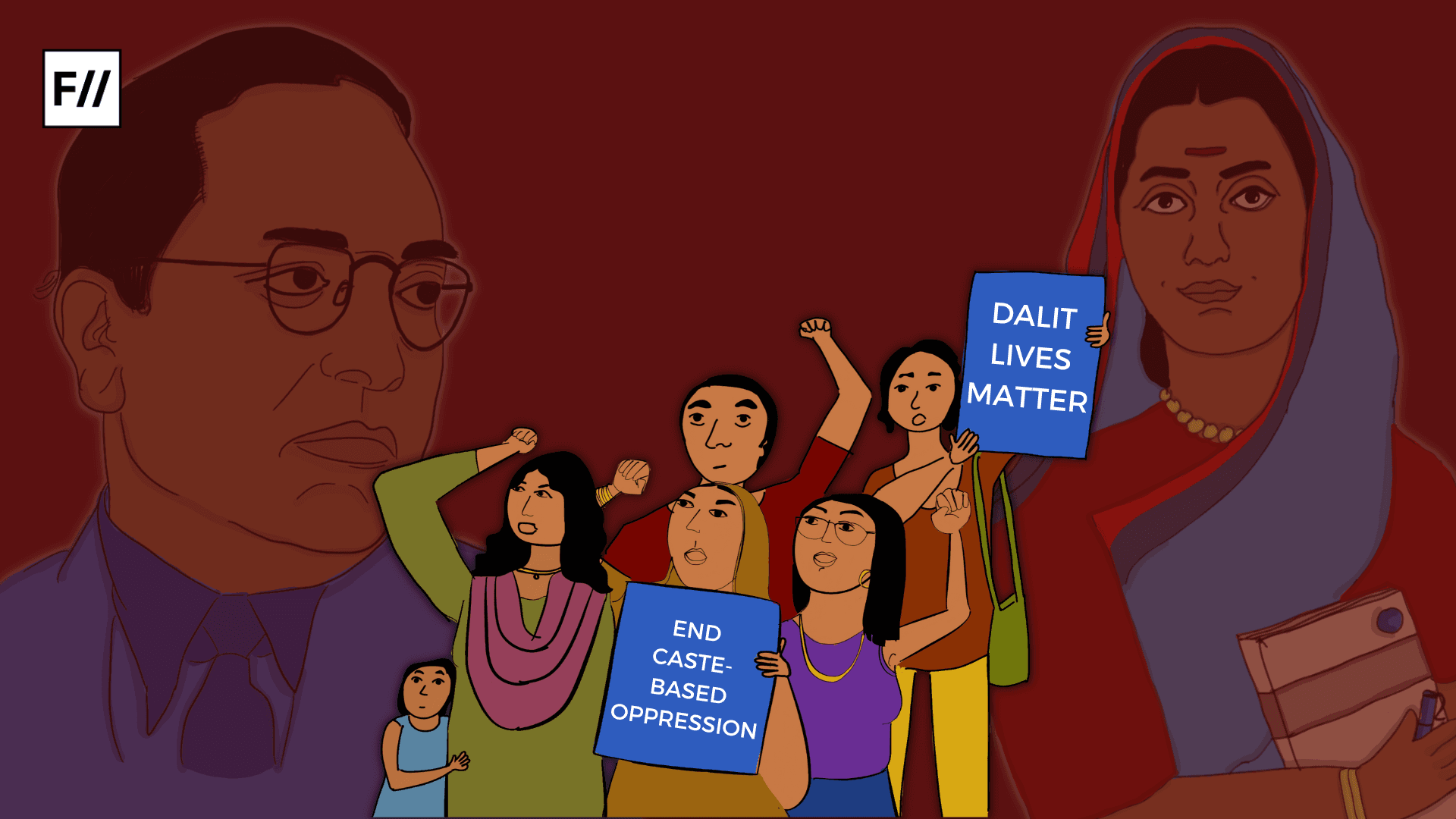The second instalment of the webseries, Made in Heaven (2019-Present) is something most people who are well-acquainted with the series had been eagerly waiting for. It is now streaming on Amazon Prime. In terms of critical reception, different individuals across the political spectrum had differing opinions about it. Nevertheless, it largely garnered positive reviews from critics and viewers alike, and was mostly appreciated for how it handled political themes with a great amount of sensitivity and nuance with continued conversations on topics that are usually brushed under the carpet within most Indian households.
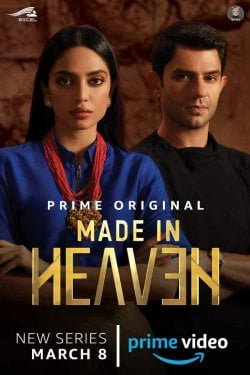
From sexism and misogyny, to conversations around queerness, same-sex marriages, colourism, class and caste differences, and the morally ambiguous lives led by those in the wedding planning business, the second season of Made in Heaven intended to serve as a criticism of the concept of the “Big Fat Indian Wedding” and succeeded to an extent.
Among the most discussed episodes from the current season was the fifth one titled, “The Heart Skipped a Beat”. This dealt with two different weddings — the first of which was an inter-caste wedding between a Savarna man, and a Dalit woman named Pallavi Menke (played by Radhika Apte) from the Vidarbha region in Maharashtra.
The “savarna gaze” in Menke’s story in Made in Heaven
Menke, as portrayed in Made in Heaven Season 2, is a highly accomplished person who has authored a book which deals with the “Coming Out” of Dalit individuals. Furthermore, she is awaiting tenure as a professor at the prestigious Columbia University in the United States of America. While her soon-to-be in-laws are extremely proud of her achievements, they often fetishise her identity by overly focusing on the fact that she made something of herself despite coming from nowhere.
The important question this provokes is if this portrayal has a Savarna Gaze in it. This episode goes on to create a binary between the depiction of Dalits as “objects of suffering” and successful Dalit personalities serving as inspirations — there seems to be no in between when it comes to the two.
Yashica Dutt’s accusation against Made in Heaven
The main controversy that surrounds “The Heart Skipped a Beat” is the alleged inspiration behind Pallavi’s character being Yashica Dutt who has, in no way, been credited for the same. For starters, Dutt is the author of the book, Coming Out As Dalit (2019) alongside being an alum of Columbia University. Additionally, even the story of Pallavi Menke’s grandmother being a manual labourer bears similarity to Dutt’s grandmother’s experiences.
While addressing this issue, Dutt, on her Instagram handle, wrote, ‘It was surreal to see a version of my life on screen that wasn’t but yet was still me. But soon heartbreak set in. They were my words but my name was nowhere…The ideas I cultivated, that are my life’s work, that I continue to receive immense hate still for just speaking, were taken without permission or credit.’
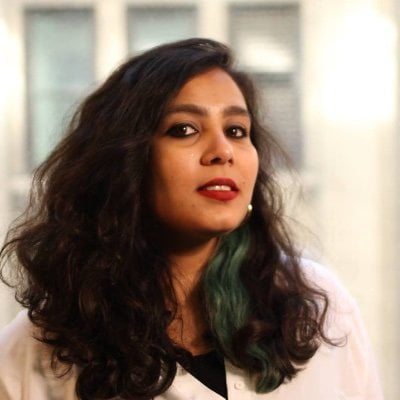
Through this post, she took a firm and thorough stance on how Dalits have been the subjects of Savarna stories for a long time and how they are the easiest to take from — she refused to play into that narrative. However, as a response, Zoya Akthar — one of the creators of the webseries — made a statement about the academic origins of the phrase, “coming out” being used for closeted Dalits while categorically denying all allegations about Pallavi Menke being based on Yashica Dutt.
Trinetra Haldar Gummaraju being shown as an ally of the DBA community
Over the past few decades, mainstream Bollywood and other Indian film industries have actively contributed towards transphobia by depicting transgender people in a very distasteful manner. Even the respectful representations usually involved cisgender artists playing trans characters for artistic merit. While the actors would garner all the attention and praise, the material condition of the transgender communities of India remained unchanged. With that as a context setting, Made in Heaven definitely shattered this trend by casting Dr. Trinetra Haldar Gummaraju for the role of Meher Choudhary — a post-op transgender woman who works as a production executive within the series.
In the episode being discussed, her character plays a proactive role in correcting all the actively and passively passed casteist remarks by others. Meher Chaudhury is a good Savarna ally who calls out Tara Khanna (played by Shobhita Dhulipala) for referring to Menke and her fiancé’s Savarna wedding ceremonies involving “pheras” as the “main wedding” and the Buddhist wedding as “Pallavi’s wedding.” Chaudhury also talks about how it is important to pay attention to such statements being made.
While allies play an important role in annihilating caste, and it is an important duty to call out on their fellow community members’ problematic ideas, Trinetra Haldar’s casting for this part raises quite a few questions.
While allies play an important role in annihilating caste, and it is an important duty to call out on their fellow community members’ problematic ideas, Trinetra Haldar’s casting for this part raises quite a few questions. That is the case because, in the past, Trinetra had been accused of having verbally harassing a Dalit transgender activist while being live on her Instagram handle. Keeping that in mind, were these aforementioned scenes a strategic way of correcting her past behaviour to neutralise the allegations against her regarding her casteist behaviour?
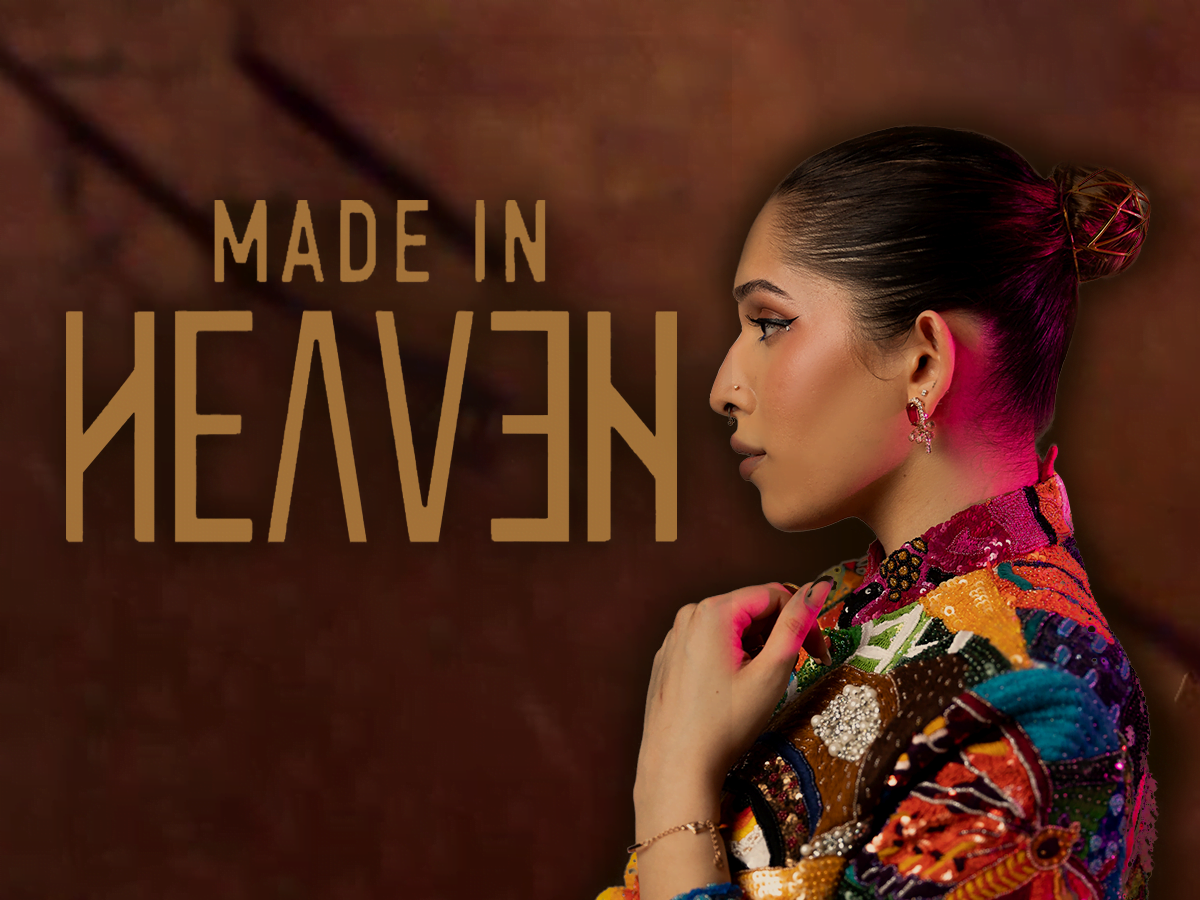
While such unapologetically progressive portrayals go a long way in changing certain attitudes, what remains to be seen is whether the perceptions that the viewers have about them is reduced to that of these fictional characters being mouthpieces of the woke liberal politics of the makers that co-opt any struggle to make content that sells.
The Dalit wedding goes on for just half an episode while the lavish ones went on for hours
If the intention of the makers of Made in Heaven was to critique lavish, big-budget Indian weddings, why was it that the modest Dalit wedding was just dedicated half the time of an episode? It must be noted that prior to Pallavi Menke’s Buddhist nuptial ceremony, there were four magnificent ones that had been organised by the agency within the series. For instance, the one involving two fictional film actors named Leila Shirazi (played by Elnaaz Norouzi) and Sarfaraz Khan (played by Pulkit Samrat) which was shot in Nice, France went on for an entire hour.
Same was the case with the wedding of a wealthy entrepreneur, Gulshan Raina’s (played by Samit Soni) daughter, Gargi (played by Naina Sareen), which eventually got cancelled. In both of these examples, the episodes did not tackle any real issue that remains pertinent in Indian society; they were simply about the marriages of privileged individuals who face mild inconveniences along the way. Thus, when Menke’s wedding which actually dealt with the theme of casteism — a social evil that has been plaguing Indian society for centuries — was wrapped up in less than half-an-hour, the ultimate takeaway from it was that the show inherently remains Savarna-centric.
Made in Heaven‘s casting of a Maharashtrian Brahmin actor to play a Dalit woman
Pallavi Menke might have been a Dalit character, but she was still played by Radhika Apte who is a Maharashtrian Bharmin. Therefore, even if the stories of Dalit individuals are being included in popular culture, Dalit voices continue to remain absent. Not only is it needed for people of the DBA community to talk about their own struggles, but also for DBA actors to to be casted for such roles.
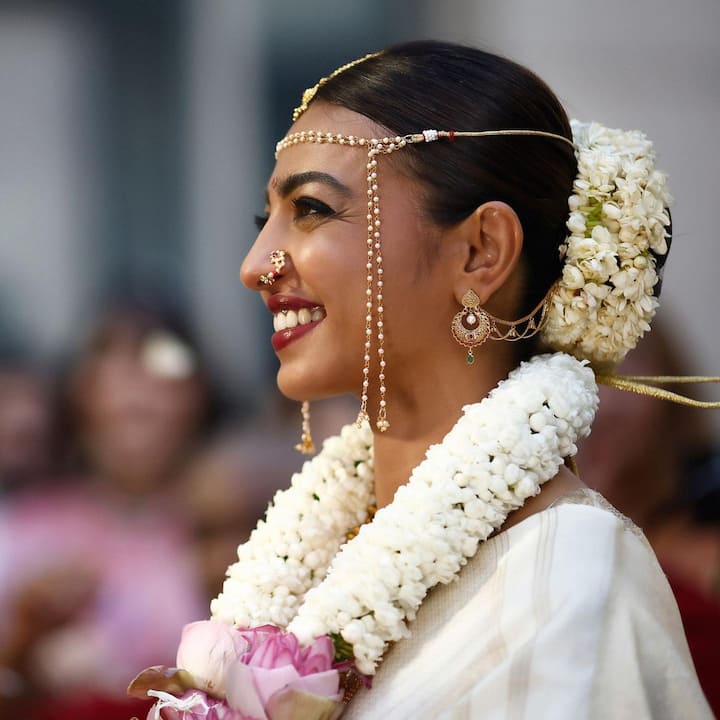
Moreover, the issue of colourism and casteism in Indian society are often interconnected. In simpler terms, the preference that most Indians have for lighter skin tones stems from how ingrained casteism is in their mentalities. Therefore, the issue of colourism being completely overlooked solely because the focus of the episode was to be on casteism is another classic case of Savarna ignorance. While colourism is, indeed, discussed in the series, the phenomenon is portrayed as an obsession that stems only from European colonisation. This completely ignores the role that caste plays in it and the casting of Radhika Apte justifies this very argument.
While portraying a Buddhist wedding as a homage to Ambedkar on a mainstream Bollywood platform is definitely a win, it is, quite unfortunately, not enough. Most of the content producers within the industry still come from an extremely privileged section of the society which permeates into the stories they write. Consumers of such media too have a tendency to separate the art and media from the larger social and political realities of the society that produces it.
This only helps creators get away with inauthentic and problematic representations that escape criticism because they’re hidden behind progressive jargon.
This only helps creators get away with inauthentic and problematic representations that escape criticism because they’re hidden behind progressive jargon. Hopefully, these conversations will not end here with Bollywood directors and screenwriters learning from anti-caste filmmakers in the Tamil and Marathi film industries.
About the author(s)
Upasana is a master’s student at SOAS, University of London where she is pursuing a degree in South Asian Area Studies. She is an avid blogger and a film reviewer which means that she is currently struggling to balance her time between Netflix and her grad school commitments. When not reading, writing or binge-watching something, she can be found having deep conversations with her close friends or complete strangers about the most random things under the sun.
